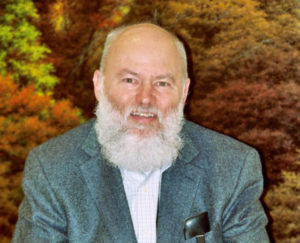
Interview with Dr. Jeff Brantley
Jeffrey Brantley, MD, is one of the founding faculty members of Duke Integrative Medicine, where he started the Mindfulness-Based Stress Reduction program in 1998.
ga-google-analytics domain was triggered too early. This is usually an indicator for some code in the plugin or theme running too early. Translations should be loaded at the init action or later. Please see Debugging in WordPress for more information. (This message was added in version 6.7.0.) in /home4/mjuberg/public_html/wp-includes/functions.php on line 6121astra domain was triggered too early. This is usually an indicator for some code in the plugin or theme running too early. Translations should be loaded at the init action or later. Please see Debugging in WordPress for more information. (This message was added in version 6.7.0.) in /home4/mjuberg/public_html/wp-includes/functions.php on line 6121
Jeffrey Brantley, MD, is one of the founding faculty members of Duke Integrative Medicine, where he started the Mindfulness-Based Stress Reduction program in 1998.
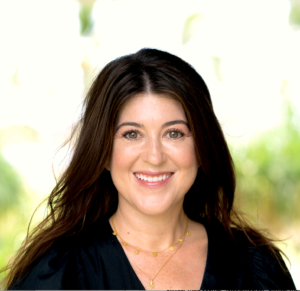
My work, over the past fifteen years has had a core theme of social support running through it, and I’d like to create an online mindfulness meditation intervention that includes a group component, such that people who have experienced cancer can meet and practice mindfulness meditation together.

Dr. Linda Carlson holds the Enbridge Research Chair in Psychosocial Oncology, is Full Professor in Psychosocial Oncology in the Department of Oncology, Cumming School of Medicine at the University of Calgary, and Adjunct Professor in the Department of Psychology.
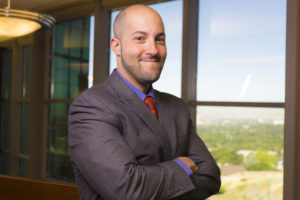
Dr. Eric Garland, PhD, LCSW is Presidential Scholar, Associate Dean for Research, and Professor in the University of Utah College of Social Work, Director of the Center on Mindfulness and Integrative Health Intervention Development (C-MIIND), and Associate Director of Integrative Medicine in Supportive Oncology and Survivorship at the Huntsman Cancer Institute.
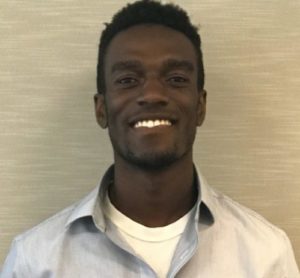
Grant Jones (he/him) is an artist, contemplative, researcher, and activist. Currently, he is a 3rd Year Clinical Psychology PhD candidate at Harvard University and Co-Founder of The Black Lotus Collective.
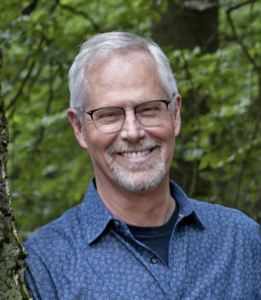
“…when mindfulness and self-compassion are in full bloom, they are nearly identical in a moment of suffering.”

Torre and colleagues recruited 70 HCWs from two hospitals in Rome, Italy for a 4-week course in yoga and mindfulness.

Mindfulness and self-compassion are theorized to disrupt the maladaptive repetition of negative thoughts and emotions for patients with chronic or mental illnesses, who are particularly susceptible to psychosocial distress.

How does self-compassion protect depressed adolescents? Quieting the self may be the key.

Also known as MBRT, this intervention helps first responders navigate their work more mindfully
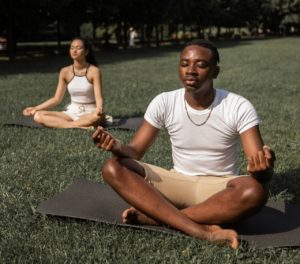
Mindfulness-based stress reduction, also known as MBSR, is an 8-week evidence-based group program that teaches participants how to cope with their pain and stress using mindfulness meditation and Hatha yoga techniques.

Also known as MSC, this intervention teaches people to care for themselves as much as they care for others.

Mindfulness-based cognitive therapy, also known as MBCT, is a group-based treatment program … developed to prevent relapse in clinical populations with recurrent major depressive disorder (MDD).

The MBSR-T program (also known as the Stressed Teens program) was created in 2004 by Gina M. Biegel, MA, LMFT

“Unfortunately, today’s Western mindfulness practice often gets translated into an individualistic technique that is highly outcome-oriented.”
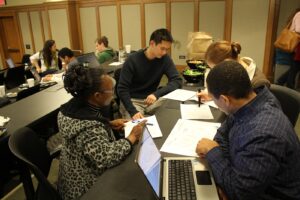
The growing recognition of transdisciplinarity’s powerful nature offers researchers valuable opportunities for collaboration

Does the scientific content that we read always mean what it claims?

The growing recognition of transdisciplinarity’s powerful nature offers researchers valuable opportunities for collaboration

Mindfulness practices like critical analysis can reveal the mental formations behind these tools.
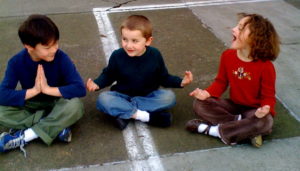
After nearly three decades, a ban prohibiting public schools to offer yoga as an elective for grades K-12 has been overturned in Alabama.
Tell us about your idea. Nearly any subject related to the science of mindfulness is fair game.